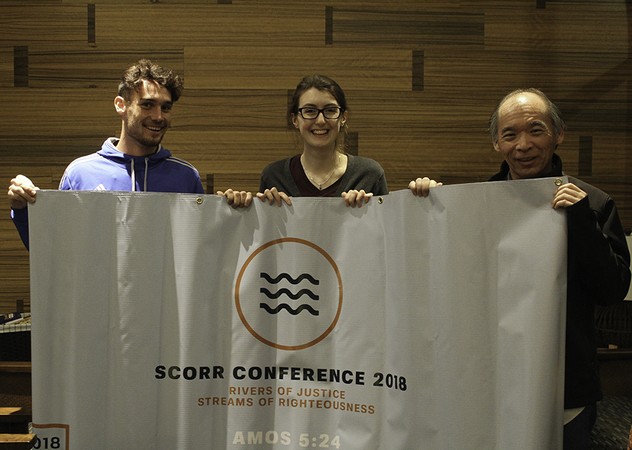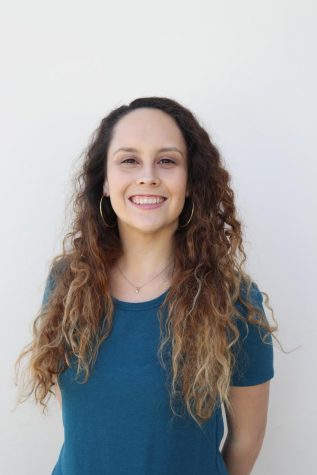After months of planning, the Student Congress on Racial Reconciliationstudent directors and coordinators have started putting the finishing touches on sessions, community events, visitor housing and how SCORR will make a lasting impact. With less than two weeks left before the conference begins, it is crunch time.
COMING FOR A LONG TIME
The students have worked on the conference for a while, such as student director and senior sociology major Spencer Santos, who was hired in the spring of 2017. While the student directors mulled over the conference during the summer, they hired coordinators last semester. Since then, the leadership team takes countless hours individually throughout the week as well as three hours every Friday to meet and talk over plans.
Some of the team has volunteered for SCORR in previous years or served on staff last year. Community events coordinator and sophomore sociology major Dolly Slinker volunteered as a freshman and appreciated the conversations held about diversity and decided to get involved.
“[The] behind-the-scenes process of it has just been really cool, because you see how much effort and intentionality goes behind each session or event we put on, or the people we bring in and how we consider them,” Slinker said. “It’s also just been really cool to be a part of a group who really care about a conversation like SCORR, and for me, it’s been one of the best parts of Biola.”
EVENT PLANNING
Each year the community events coordinators plan a worship night to kick off SCORR and a poetry lounge to engage diverse perspectives in an artistic way, which differs from the straightforward lecture-like sessions during the day. These events remain standard to the conference, and have many artists including students, alumni, friends-of-friends and professionals with diverse backgrounds. Senior accounting major and community events coordinator Maris Thompson shared how the team finds the artists.
“Within our team we have a lot of contacts through that, and I believe one person is part of the spoken word club,” Thompson said. “For the worship night, I knew a girl from my church, who would be willing. Our head director of SCORR, Glen, he knows a lot of people too. So we just have a lot of contacts.”
MENTORSHIP PROGRAM
Aside from the usual events, this year the team plans to continue the conversation after SCORR with a mentorship program designed to help attendees expand their knowledge on certain topics.
“People talk about their process, talk about their journey and figure out how am I growing and how can I grow more?” Santos said. “The idea is to make that a three to five week program, and then at the end of it, have a time where people can meet and talk about what they’ve learned—where they’re going, what they’re struggling with, those types of things.”
While Biola takes a weekend to recognize the importance of racial reconciliation, Slinker explains the reasoning behind the mentor-mentee program.
“Wanting people to see, that this is not just a weekend thing,” Slinker said. “This is something you can journey with through time, and it’s not just something you can become an expert in a moment.”
The team is gearing up to engage a community of students from all over the nation to continue their journey on racial reconciliation.








